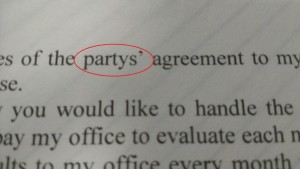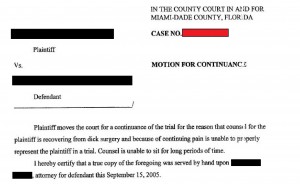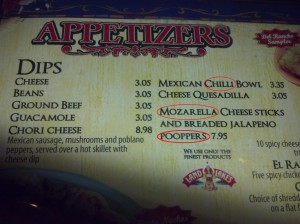This is a fun little test for those of us who are a bit over-the-top grammar nerds. Take a minute to see what your punctuation personality type is and how accurate it is. Mine is 🙂 http://bryanthomasschmidt.net/guest-post-your-punctuation-personality-type-by-leah-petersen/
Subscribe to Blog via Email
Archives
- August 2023
- June 2023
- April 2023
- March 2023
- February 2023
- January 2023
- December 2022
- September 2022
- August 2022
- July 2022
- June 2022
- May 2022
- April 2022
- March 2022
- February 2022
- January 2022
- December 2021
- November 2021
- October 2021
- September 2021
- August 2021
- July 2021
- June 2021
- May 2021
- April 2021
- March 2021
- February 2021
- January 2021
- November 2020
- October 2020
- September 2020
- August 2020
- July 2020
- June 2020
- May 2020
- April 2020
- March 2020
- February 2020
- January 2020
- December 2019
- November 2019
- October 2019
- September 2019
- August 2019
- July 2019
- June 2019
- May 2019
- April 2019
- March 2019
- February 2019
- January 2019
- December 2018
- November 2018
- October 2018
- September 2018
- August 2018
- July 2018
- June 2018
- May 2018
- April 2018
- March 2018
- February 2018
- January 2018
- December 2017
- November 2017
- October 2017
- September 2017
- August 2017
- July 2017
- June 2017
- May 2017
- April 2017
- March 2017
- February 2017
- January 2017
- December 2016
- November 2016
- October 2016
- September 2016
- August 2016
- July 2016
- June 2016
- May 2016
- April 2016
- March 2016
- February 2016
- January 2016
- December 2015
- November 2015
- October 2015
- September 2015
- August 2015
- July 2015
- June 2015
- May 2015
- April 2015
- March 2015
- February 2015
- January 2015
- December 2014
- November 2014
- October 2014
- September 2014
- August 2014
- July 2014
- June 2014
- May 2014
- April 2014
- March 2014
- February 2014
- January 2014
- December 2013
- November 2013
- October 2013
- September 2013
- August 2013
- July 2013
- June 2013
- May 2013
- April 2013
- March 2013
- February 2013
- January 2013
- December 2012
- November 2012
- October 2012
- September 2012
Categories
- abbreviations
- apostrophes
- articles
- Ask PTB
- Autocorrect
- brand names
- capitalization
- commas
- confusing words
- conjunctions
- contractions
- dashes
- dates
- definitions
- double negatives
- ellipsis
- Emphasis added
- font
- footnotes
- foreign words
- grammar
- grammar giggles
- headings
- holidays
- homophones
- hyphenation
- In The News
- infinitives
- italics
- legal assistant
- legal proofreading
- legal secretary
- misspellings
- money
- nonessential phrases
- numbers
- paralegal
- period
- plural
- possessives
- postscript
- prepositions
- professional titles
- proofreading
- proofreading resources
- punctuation
- question marks
- reflexive pronouns
- search and replace
- semicolons
- singular
- slashes
- spacing
- Spell check
- style guides
- Time
- Uncategorized
- underlining
- Words of the Month
- Words of the Week


 Follow
Follow







